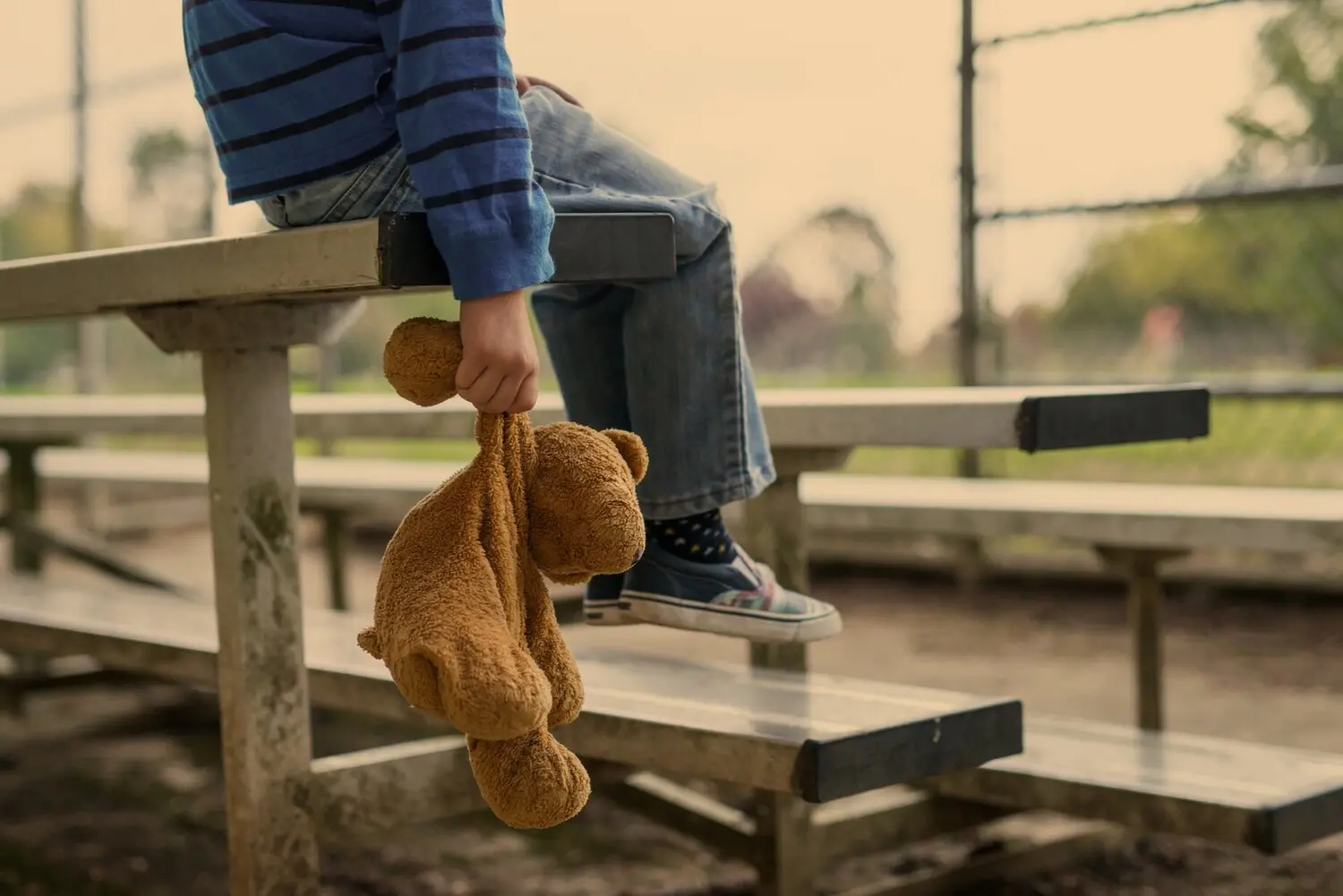What is Play Therapy?
Child Centered Play Therapy
Children are not developmentally equipped to verbalise their feelings, so they express them through their behaviour. In play therapy, children "play out" their everyday struggles, future anxieties, and past traumas. A child's brain is naturally suited for this because play activates areas responsible for emotional regulation, problem-solving, and social interaction. Neuroscience shows that play engages neural pathways linked to creativity, emotional processing, and memory, allowing children to safely explore and express their emotions. Play therapy helps children process difficult experiences and build resilience in a way that aligns with their natural developmental stage.
It is within this relationship that the child can express thoughts, feelings, experiences and behaviours, and where they can practice and master new skills through play - the child’s natural language.

In play, children use symbols that connect conscious thoughts to unconscious processes, allowing them to express and explore difficult emotions safely. Awareness is the first step toward change. By tapping into a child’s natural inclination to play, the therapist can gently guide them through the process of integrating trauma, challenging experiences, or overwhelming emotions and behaviours. This approach helps children work through distress in a way that feels safe and supported, leading to healing and emotional growth.
Neuroscience
Children’s brains are still in critical stages of development, particularly in the prefrontal cortex, which governs reasoning, emotional regulation, and abstract thinking. This part of the brain, essential for verbalising complex emotions and experiences, doesn’t fully mature until early adulthood. Therefore, children often struggle to process or communicate their feelings through words. Neuroscience shows that play therapy is particularly effective because it engages brain regions responsible for emotional regulation, creativity, and memory, such as the limbic system and right hemisphere, which are more accessible in young children than the language-centered left hemisphere (Dr. Dan Siegel).
Play and it’s role supporting the unconscious
Moreover, play allows access to unconscious memories stored in implicit memory systems, which are not yet verbalised but can drive behaviour and emotions. It breaks through cognitive defences by bypassing the analytical parts of the brain, allowing children to express and process trauma symbolically. In the safe context of play, children form a trusting relationship with the therapist, which facilitates co-regulation, improves emotional flexibility, and fosters stronger social skills. This process aligns with neuroplasticity, where repeated positive emotional experiences in therapy lead to new, healthier neural pathways that promote long-term healing and resilience.
Play therapy is an effective intervention for children facing challenges such as:
- ADD/ADHD
- Anxiety & phobias
- Attachment
- Autism Spectrum Disorder
- Bullying
- Chronic illness
- Developmental delays
- Emotion regulation
- Family separation & divorce
- Grief & loss
- Low self esteem & confidence
- School difficulties
- Selective Mutism
- Sibling rivalry
- Social skills & peer relationships
- Trauma
